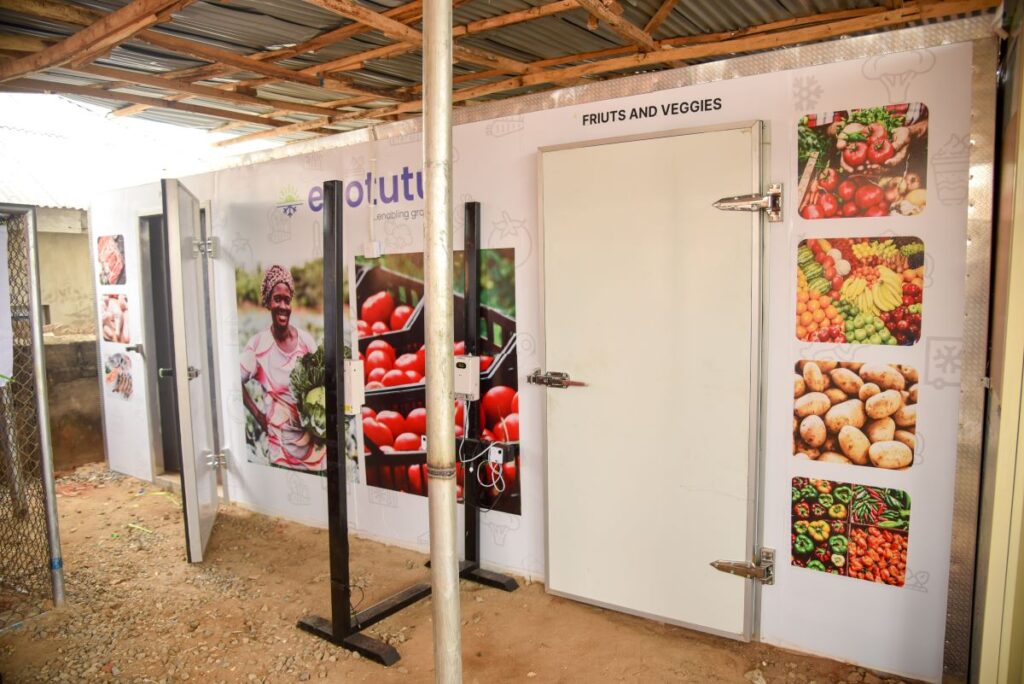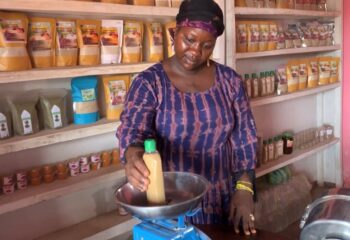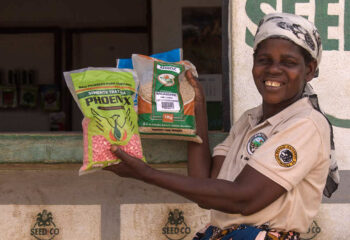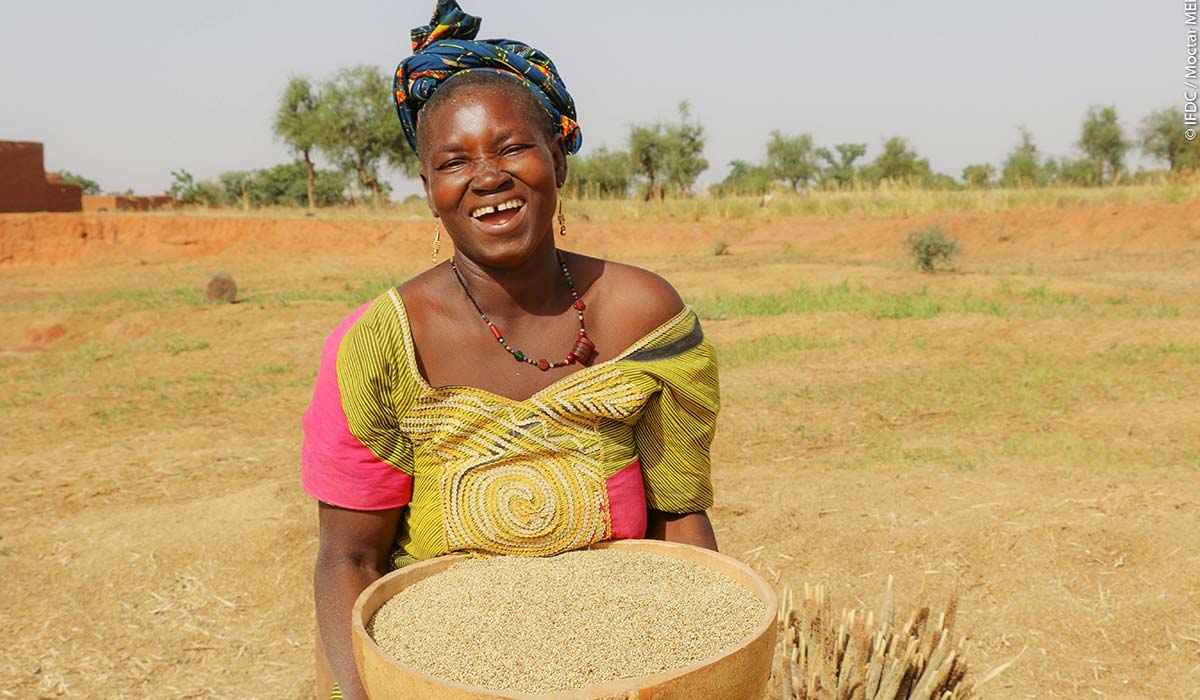
Creating a sustainable and inclusive horticulture sector cannot be achieved without establishing business-to-business linkages, especially for small and medium size enterprises (SMEs). Weak linkages across the value chain result in inefficiencies and missed opportunities. Such a missed opportunity was the tale of Ecotutu, a cooling storage facility operating in Lagos State.
Ecotutu was established in 2017 to improve environmental sustainability by reducing food waste. The company is now nationally recognized for offering solar-powered cooling storage services and equipment, such as coolers and ice packs. Founder and CEO Babajide Oluwase explained that this growth has not been without challenges. One of these challenges was gaining access to the Mile 12 international market, one of the largest markets in Africa.
“There is a great opportunity for businesses such as ours within the market, as many sellers of horticultural produce experience losses because of the high perishability of the produce”
Babajide Oluwase, Founder and CEO of Ecotutu
During periods of surplus, people have to sell their produce at lower prices, often reducing their profits. With Ecotutu’s services, such losses can be decreased. However, finding a space to adequately accommodate the solar-powered cooling facility posed a challenge. The HortiNigeria program helped the company overcome this by organizing an event which facilitated the creation of business linkages among various actors in the value chain.
The event, held in Ogun State, allowed Oluwase to meet and interact with members of the Mile 12 market. He was able to initiate conversations during the networking session about his need for space within the market. When the company was allocated space to host its 10 metric ton cold storage facility, he happily shared the news with the HortiNigeria program. The facility was launched in April 2023.
Breaking into the market has helped Ecotutu expand its cooling services, enabling the company to reach more customers. “Because most of our products satisfy a client’s needs for about eight to nine months, we needed a business model that would help us attract more customers. We are happy we have been able to achieve this and grateful to the HortiNigeria program for the efforts it made to make this happen,” Oluwase said.
HortiNigeria (2021-2025) was implemented by the International Fertilizer Development Center (IFDC), East-West Seed Knowledge Transfer (EWS-KT), Wageningen University and Research (WUR), and KIT Royal Tropical Institute and is funded by the Embassy of the Kingdom of the Netherlands in Nigeria. The program aims to facilitate the development of a sustainable and inclusive horticulture sector that contributes to food and nutrition security in Nigeria.





